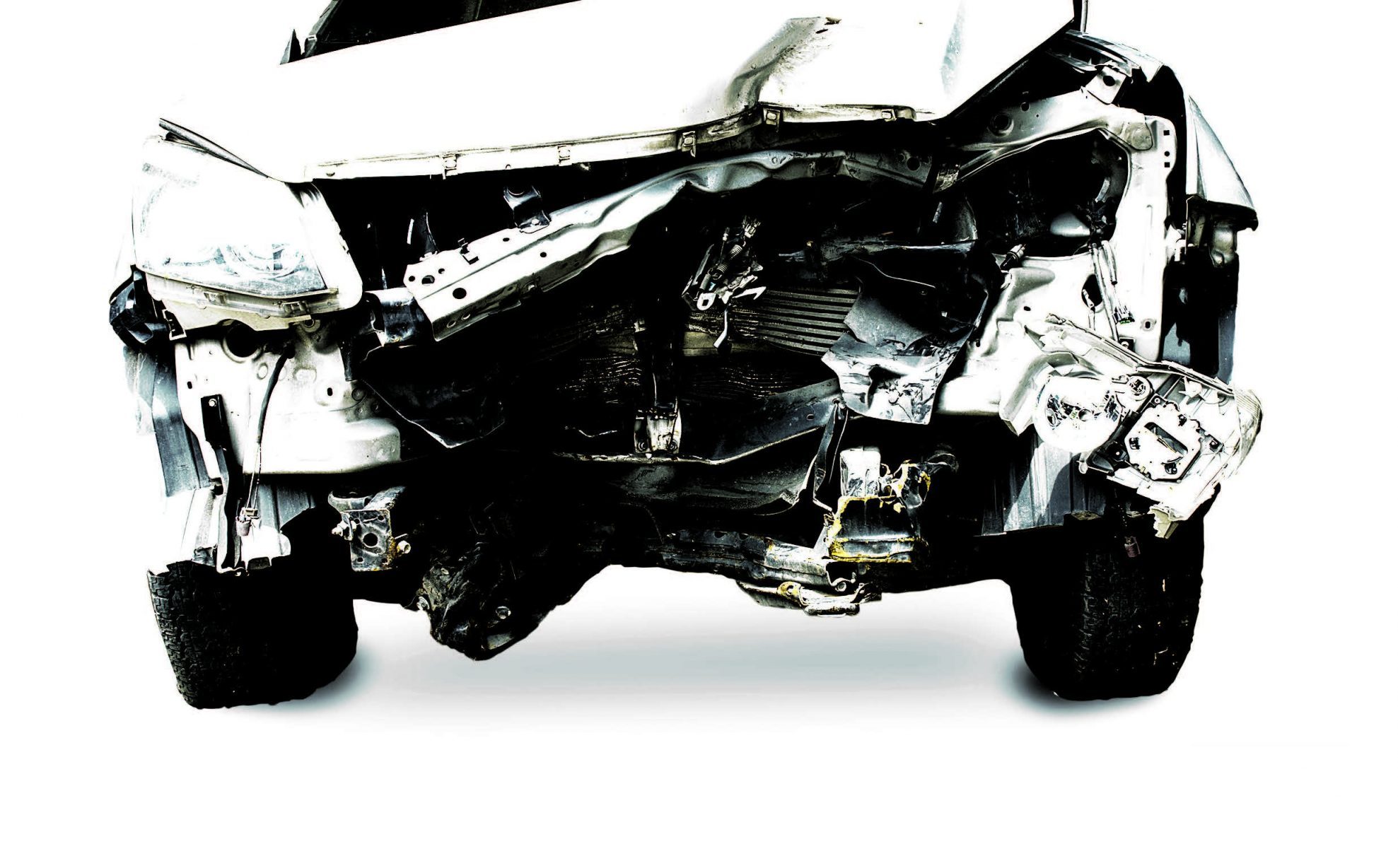by Tim Smith
Of all the lifestyle changes forced upon society by the Covid-19 pandemic, road safety campaigners hope one can help end a scourge that has blighted Bermuda for decades.
The culture of acceptance surrounding drink-driving – long condemned to the past in countries such as the United States, Canada and Britain – had proved much more difficult to break on an island where residents love to socialise with a drink or two.
But after several months of lockdowns and curfews, residents were finally given no choice: if they wanted to drink, they must do so at home.
“We’re told alcohol sales went up during lockdown, but of course people were doing their drinking at home instead of at restaurants and bars,” said Anthony Santucci, the executive director of the anti-drink driving group Cada.
“If you are drinking at home, you are safer. Whether this means we will have a cultural shift at the end of Covid, I don’t know. Ask me next year!”
Mr Santucci and other campaigners had been frustrated by a general sense among the public that it is OK to ride your bike home after drinking at late-night parties.
A total of 107 people were killed on Bermuda’s roads between 2010 and 2019 ― an average of more than 10 people per year — and many of them were alcohol-related.
That figure was down to six in 2020, but Mr Santucci said: “In reality the last year has been a misdemeanour because of Covid and the associated lockdowns.”
Throughout 2020, a total of 1,173 people received treatment at King Edward VII Memorial Hospital or the Lamb Foggo Urgent Care Centre for road traffic injuries.
Of these, 152 had to be admitted to hospital, including 16 in the Intensive Care Unit and two had to be flown overseas for further treatment.
Data from the Coroner’s Office suggests the proportion of road deaths involving alcohol or drugs has dropped from 70 per cent to 55 per cent in recent years.
Road safety efforts in recent years include Cada’s Let Us Drive service, which has taken thousands of late-night partygoers home from Hamilton since 2007.
Mr Santucci said TIPS – a mandatory responsible alcohol sales and service training programme provided by Cada – has also helped push attitudes in the right direction.
Another major change has been the introduction of sobriety checkpoints, which came after The Royal Gazette launched its Drive For Change campaign in 2018.
The numbers of drunk-drivers caught at checkpoints has varied from one or two to eight or nine, and some have argued more arrests will happen if police were not required to advertise them in advance.
But Mr Santucci argued: “The point of the checkpoints is not to catch people, but to help create a better environment.”
He added: “What we want to see is a culture where people don’t want to drink and drive. There is still a significant message that needs to be communicated, but we are collectively slowly moving in the right direction.
“Certainly everybody needs to see the message before we will see the change in culture that we need. All these things make a difference.
“With all these pieces in place, we have seen reductions in the number of road fatalities, which is a good thing. But even six is too much.”

